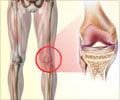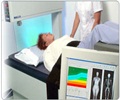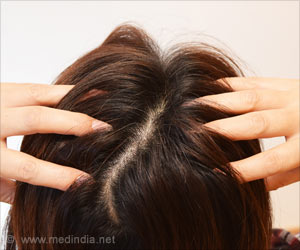Women become more vulnerable to numerous health issues, including loss of bone mineral density which can lead to osteoporosis, loss of teeth after menopause.
Highlights
- Estrogen therapy or Hormone replacement therapy is generally prescribed to reduce the severity of menopausal symptoms.
- As estrogen levels fall during menopause, women //become more vulnerable to bone-related diseases.
- Estrogen therapy which improves bone mineral density also proves to be effective in maintaining dental health.
Around the same time, changes in oral health also are common as teeth and gums become more susceptible to disease, which can lead to inflammation, pain, bleeding, and eventually loose or missing teeth.
What is Estrogen Therapy?
Hormone Replacement Therapy (HRT), also known as Menopausal Hormone Therapy, or Estrogen Replacement Therapy (ERT) is a well established form of treatment for menopausal women, which involves replenishing the depleting levels of vital hormones – estrogen and progesterone- in the body.
The hormonal levels in a woman’s body tend to fluctuate in the pre-menopausal years. Levels of progesterone and estrogen fall and this can give rise to many symptoms like hot flashes, mood swings, and urinary problems with some women complaining of dryness in the vagina. Women find it tough to cope when symptoms become severe.
Hormone replacement therapy is generally prescribed to reduce the severity of menopausal symptoms. It also offers protection against heart diseases, osteoporosis and even dementia.
In the Menopause article "Association between osteoporosis treatment and severe periodontitis in postmenopausal women," 492 postmenopausal Brazilian women aged 50 to 87 years, 113 in osteoporosis treatment and 379 not treated, were evaluated to determine whether osteoporosis treatment could help increase the bone mineral density in their jaws and, subsequently, improve overall oral health.
The study found that the rate of occurrence of severe periodontitis was 44% lower in the postmenopausal osteoporosis-treatment group than in the untreated group.
The Message
"Osteoporosis can occur throughout the body, including the jaw, and lead to an increased risk of periodontal disease," says Dr. JoAnn Pinkerton, NAMS executive director.
"This study demonstrates that estrogen therapy, which has proven to be effective in preventing bone loss, may also prevent the worsening of tooth and gum disease.”
Women with low estrogen or on bisphosphonate treatment for osteoporosis, should make good dental care a part of their healthy lifestyles.
Reference
- Dr. JoAnn Pinkerton et al., Estrogen therapy shown effective in reducing tooth and gum diseases in postmenopausal women, Menopause (2017).
- https://www.medindia.net/patients/patientinfo/hormone-replacement-therapy.htm.
Source-Medindia
















